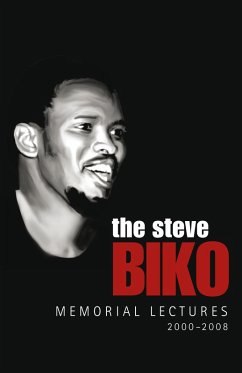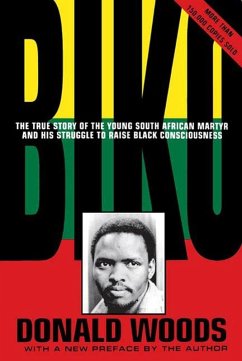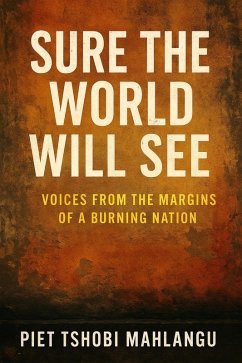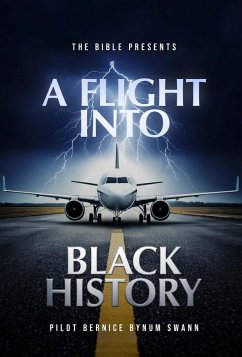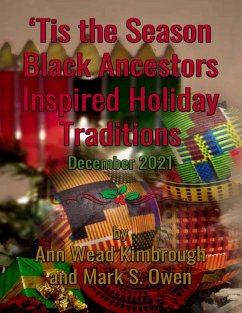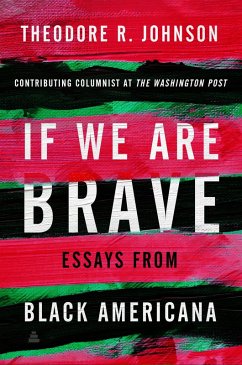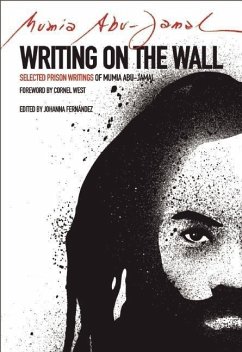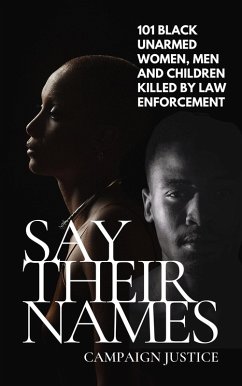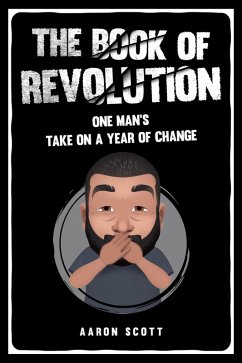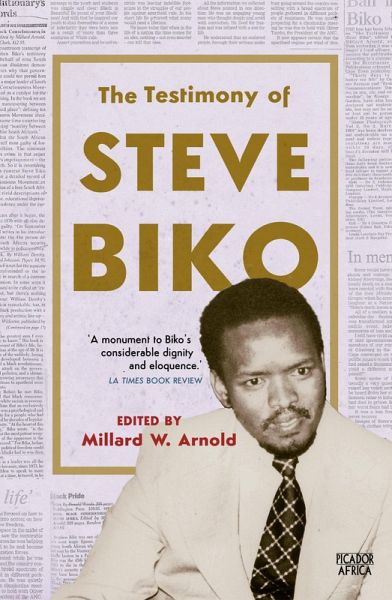
The Testimony of Steve Biko (eBook, ePUB)

PAYBACK Punkte
3 °P sammeln!
The 1976 SASO/BPC Trial: A watershed moment in South Africa's political history.'Millard Arnold's book is a transcript of [Biko's] extraordinary four and a half days of testimony. Aside from its value as a comprehensive record of Biko's thoughts, it demonstrates his astonishing political agility: as a witness for the defence, Biko had to express his views in a way that would not hurt those on trial for agreeing with him.' - 'Black Pride', David Ansen, NewsweekWhen considering the most significant political trials in South Africa, the 1976 SASO/BPC trial is often overshadowed by the Rivonia Tri...
The 1976 SASO/BPC Trial: A watershed moment in South Africa's political history.
'Millard Arnold's book is a transcript of [Biko's] extraordinary four and a half days of testimony. Aside from its value as a comprehensive record of Biko's thoughts, it demonstrates his astonishing political agility: as a witness for the defence, Biko had to express his views in a way that would not hurt those on trial for agreeing with him.' - 'Black Pride', David Ansen, Newsweek
When considering the most significant political trials in South Africa, the 1976 SASO/BPC trial is often overshadowed by the Rivonia Trial of 1956-61 and the Treason Trial of 1963-64. However, the SASO/BPC trial was perhaps the most political of them all, as it put the entire philosophy of Black Consciousness on trial.
The defendants, all members of the South African Students Organisation or the Black People's Convention, were in the dock for daring to think, to have opinions, and to envision a more just and humane society. As the trial unfolded, it became a test of the Black Consciousness Movement and its champions.
On May 2, 1976, Stephen Bantu Biko took the witness stand. Though known to authorities and serving a banning order, Biko was largely unknown outside his colleagues and the Black Consciousness Movement. His four-day testimony in the SASO/BPC case changed that, catapulting him from relative obscurity to celebrity status. Testimony of Steve Biko offers a powerful account of this watershed moment in South Africa's political history.
'Millard Arnold's book is a transcript of [Biko's] extraordinary four and a half days of testimony. Aside from its value as a comprehensive record of Biko's thoughts, it demonstrates his astonishing political agility: as a witness for the defence, Biko had to express his views in a way that would not hurt those on trial for agreeing with him.' - 'Black Pride', David Ansen, Newsweek
When considering the most significant political trials in South Africa, the 1976 SASO/BPC trial is often overshadowed by the Rivonia Trial of 1956-61 and the Treason Trial of 1963-64. However, the SASO/BPC trial was perhaps the most political of them all, as it put the entire philosophy of Black Consciousness on trial.
The defendants, all members of the South African Students Organisation or the Black People's Convention, were in the dock for daring to think, to have opinions, and to envision a more just and humane society. As the trial unfolded, it became a test of the Black Consciousness Movement and its champions.
On May 2, 1976, Stephen Bantu Biko took the witness stand. Though known to authorities and serving a banning order, Biko was largely unknown outside his colleagues and the Black Consciousness Movement. His four-day testimony in the SASO/BPC case changed that, catapulting him from relative obscurity to celebrity status. Testimony of Steve Biko offers a powerful account of this watershed moment in South Africa's political history.
Dieser Download kann aus rechtlichen Gründen nur mit Rechnungsadresse in A, D ausgeliefert werden.




